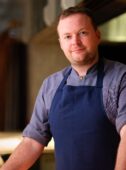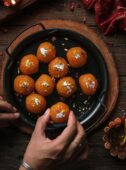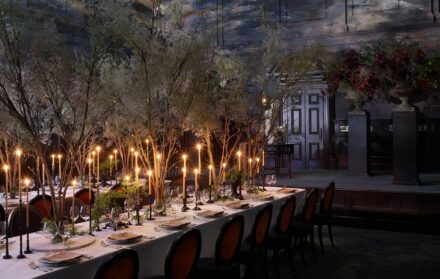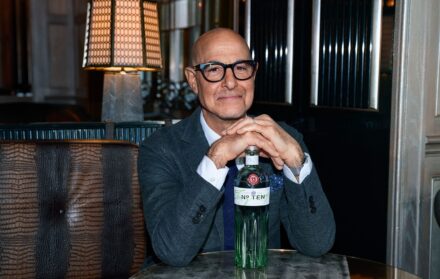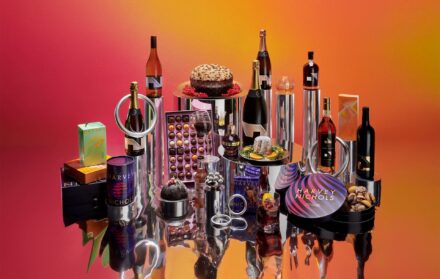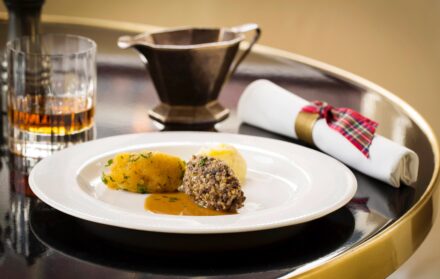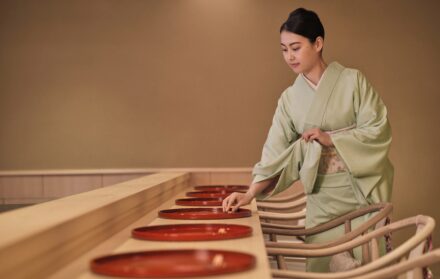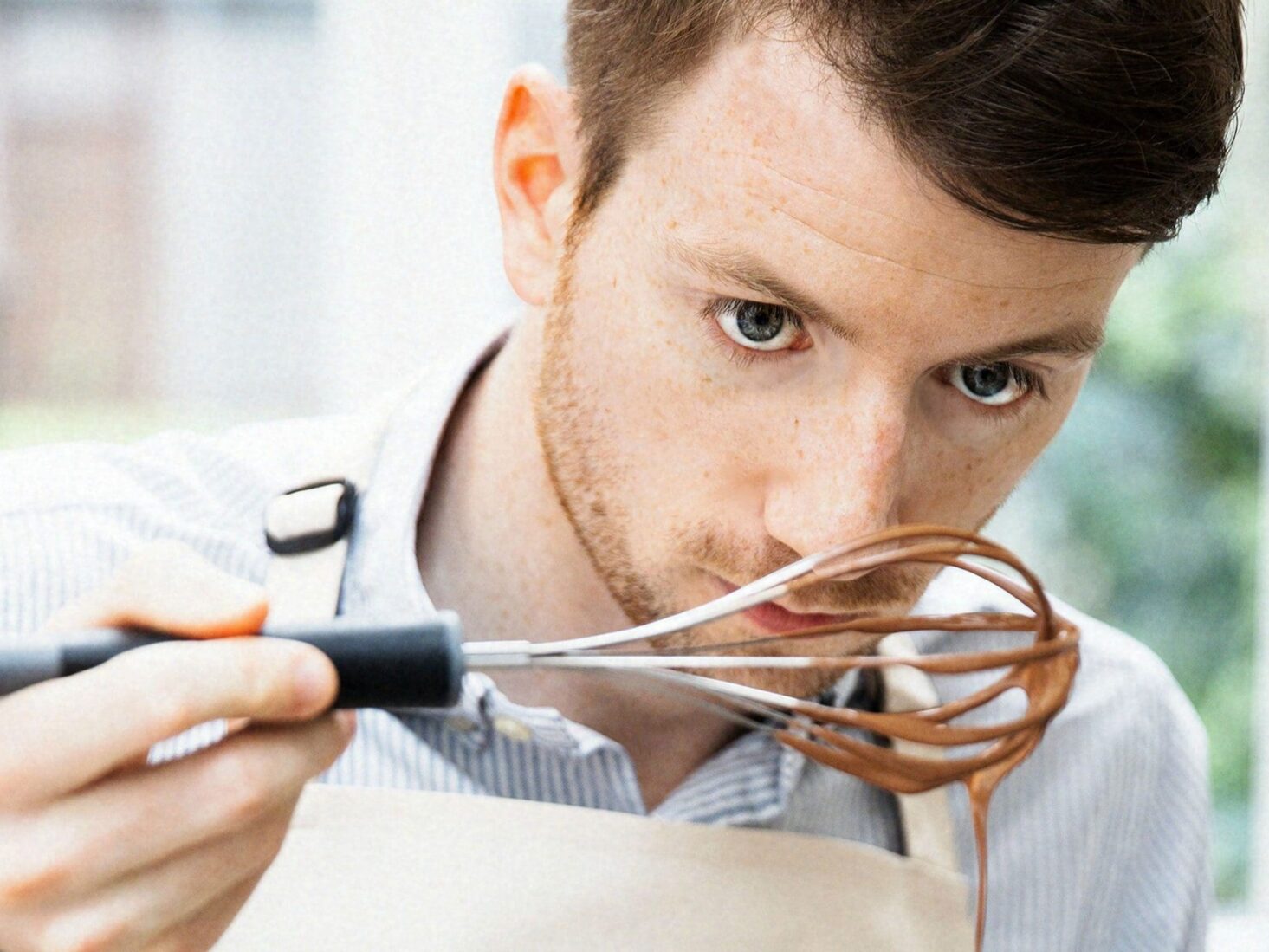
Sweet dreams: James Cadbury on going into the family business
Love Cocoa is melting the hearts of chocolate lovers across the world. The company’s founder tells us why having a famous name means having much to live up to.
Twin passions for football and chocolate have remained constants throughout James Cadbury’s life, and when fate sounded the whistle on his dreams to play for Aston Villa, it wasn’t long before he turned to his other love to sweeten the blow. After all, with a name and proud family heritage like his, it was perhaps inevitable that the idea of starting his own confectionary company would have a certain appeal.
Just under five years ago, shortly after he turned 30, Cadbury gave up his comfortable job in the city to set up Love Cocoa, a fast-growing luxury chocolate business that’s already turning over more than £2 million a year.
Yet while his financial success is nothing to be sniffed at, this 21st-century Cadbury is proud to be the head of a company that has been behind the planting of 500,000 trees in Africa as a small step towards fighting climate change. At the same time he’s faced up to dragons, put smiles on the faces of weary health workers and is said to have come up with the recipe for the ‘best salted caramel ever’, according to comments on the company website.
“We use the best South American cacao and have worked hard on our recipes – our chocolate has pretty packaging, but if people are going to come back to buy our products we need knock out flavours,” explains Cadbury of the ethos behind the London-based brand. “We often try out our ideas on our friends and family and we take note of the feedback on our website and keep iterating and trying to improve. Recently a comment about our honeycomb bar led us to increase the amount of honeycomb in our recipe.”
James, who was known as ‘Milky Way’ to his friends at school, is the great, great, great grandson of John Cadbury, the Birmingham grocer whose move into drinking chocolate laid the foundation for the now internationally-known brand.
Sons Richard and George took over in 1860 and made a breakthrough six years later when they purchased a machine from the Netherlands that refined raw cacao into an essence. “I share their ambition to create something ‘absolutely pure, therefore the best’,” explains Cadbury. “Back in the 19th century, people were putting all sorts of things into chocolate bars, including potato starch. Buying the machine and hiring the best chemists was the secret behind their success.”
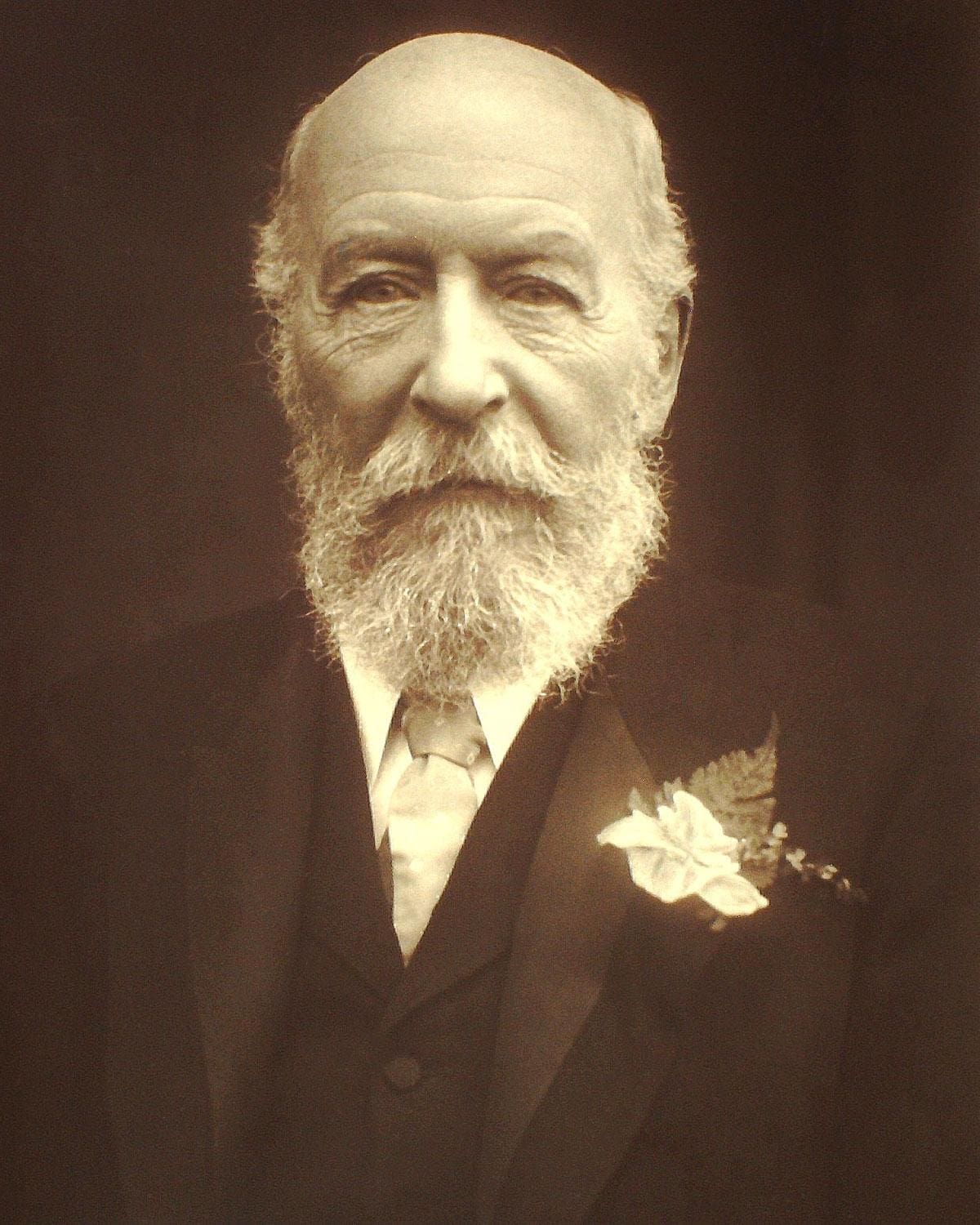
Cadbury’s second uncles Dominic and Adrian were still very much involved with Cadbury’s Chocolate when he was a boy. He remembers birthday parties at the company’s Bournville factory and being able to eat a lot of confectionary throughout his childhood. “We used to get to try the new products,” he explains. “At our parties at the factory there would be a huge piñata and I vividly remember how all these bars would come out.”
Cadbury’s Chocolate was sold to the American food giant Kraft in 2010, at which time Cadbury was 24, had completed a degree in marketing and masters in real estate and was working in investment banking, although he quickly realised that the world of finance wasn’t really for him.
“It was a graduate job and was well paid with good security, but I got fed up moving billions of pounds around the world,” he explains. “Nevertheless I was glad to do it for a time and really learn about it and have that background as the basis for my own business.
“One of my uncles was into marketing and worked at Vodaphone for a time, bringing in David Beckham to advertise the first flip phone. That’s how I came to do a degree in marketing and it was a really good choice as in life you have to be able to market yourself.
“Sometimes people ask me how it feels to see the Cadbury name on another company’s product, but Cadbury’s chocolate is completely different – it’s mass market. We do put my name on bars of Love Cocoa so people can understand the story behind the brand, but calling it ‘James Cadbury’ would have caused undue confusion for consumers and I never wanted to step on the toes of Cadbury chocolate.”
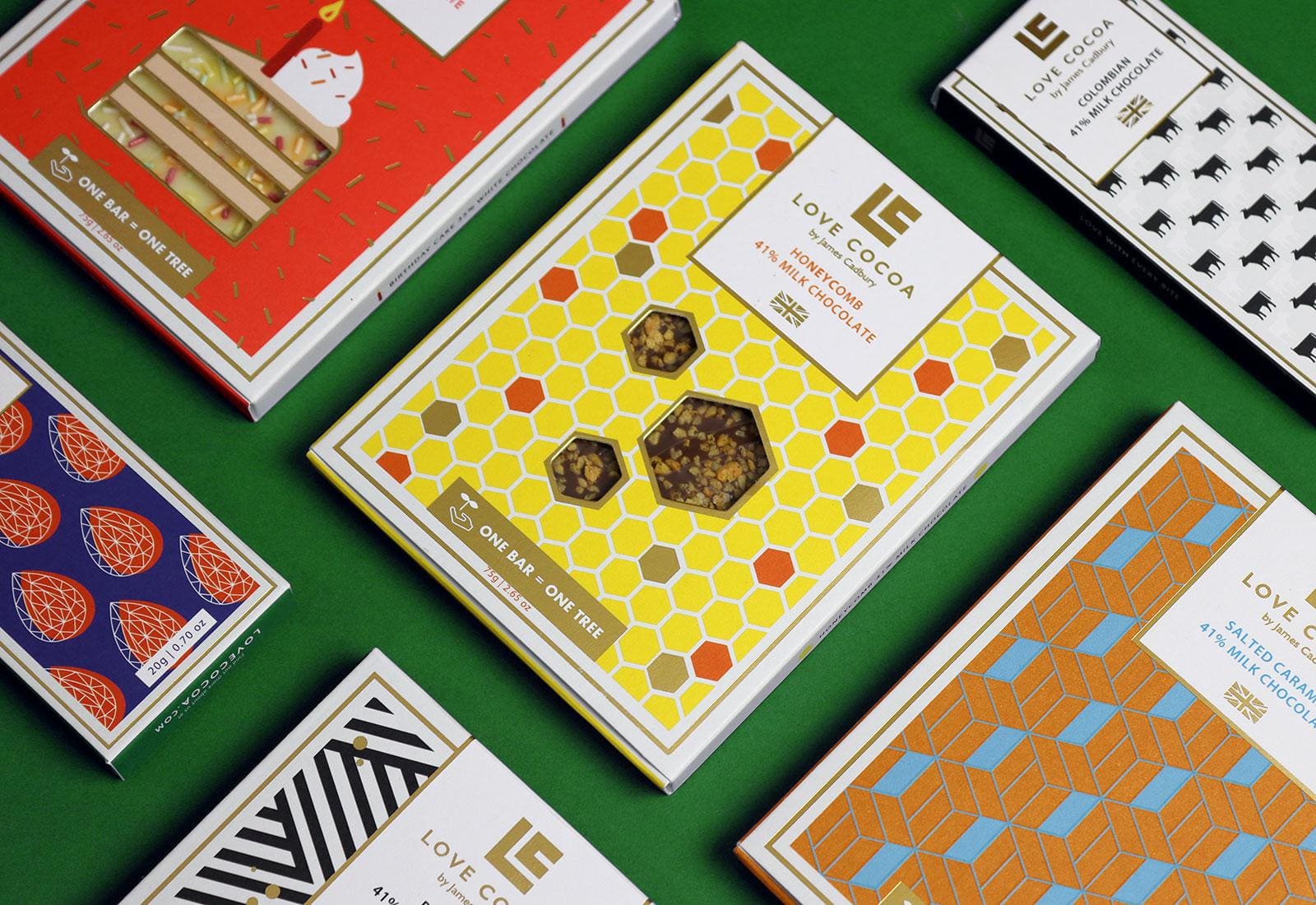
Love Cocoa was launched in 2016 and immediately stood out with its distinctive packaging and delicious flavours. A year later James secured a listing at Fortnum & Mason, exactly 100 years after Cadbury’s Chocolate was sold at the prestigious store for the first time, and this association led several other big retailers to take his products seriously.
Along with sales through various shops, the internet has enabled the company to spread the word about its chocolate across the globe, with customers as far away as Australia and Japan, along with many in London. A flexible website also provides the means to adapt quickly to changing circumstances, as Love Cocoa has done over the past year with letterbox-friendly ‘care packages’ being much in demand.
Funding platforms have provided Cadbury with the means to expand his business, which currently employs six people, while simultaneously building awareness of his products, made to his recipes by specialists in Stoke.
A further opportunity for publicity was afforded by the BBC’s Dragon’s Den, which Cadbury appeared on at the end of 2018. Entrepreneur Tej Lalvani offered an investment of £75,000 in return for a 20% equity share in Love Cocoa, a deal that Cadbury ultimately turned down. “After a great deal of deliberation we felt it wasn’t quite right – it did not justify the true valuation of the business,” he explains. “It would have meant taking a lower evaluation than the crowd funders who helped us to grow the brand.”
Nevertheless the exposure on national television and subsequent hits on YouTube and BBC Sounds has provided Love Cocoa with unbeatable publicity. “It was a great experience, and brilliant marketing, and it’s been important in our growth,” says Cadbury. “The team at Dragon’s Den reached out to us and asked if we wanted to come on. I’m glad I plucked up the courage to do it as millions of people have watched that episode – not bad for 15 minutes of TV.”
In the years since the Love Cocoa range has grown to include salted caramel, honeycomb and Earl Grey flavours and there are always new products in the pipeline, with HIP (Happiness in Plants) chocolate made with oat milk to satisfy the vegan market and hand-painted premium truffles recently launched.
“I pay close attention to food trends: I look to the US, which is usually a little ahead of us in terms of what’s coming up, and I’m always on the lookout for ideas when I’m travelling and make a point of visiting chocolate shops in towns and cities to see what they’re doing,” says Cadbury.
“We start thinking about new flavours early in the year and come up with around 20. We’re looking at a birthday fudge cake and narrowing down a pistachio and rose, which has a nice flavour and looks really good with its contrasting colours.”
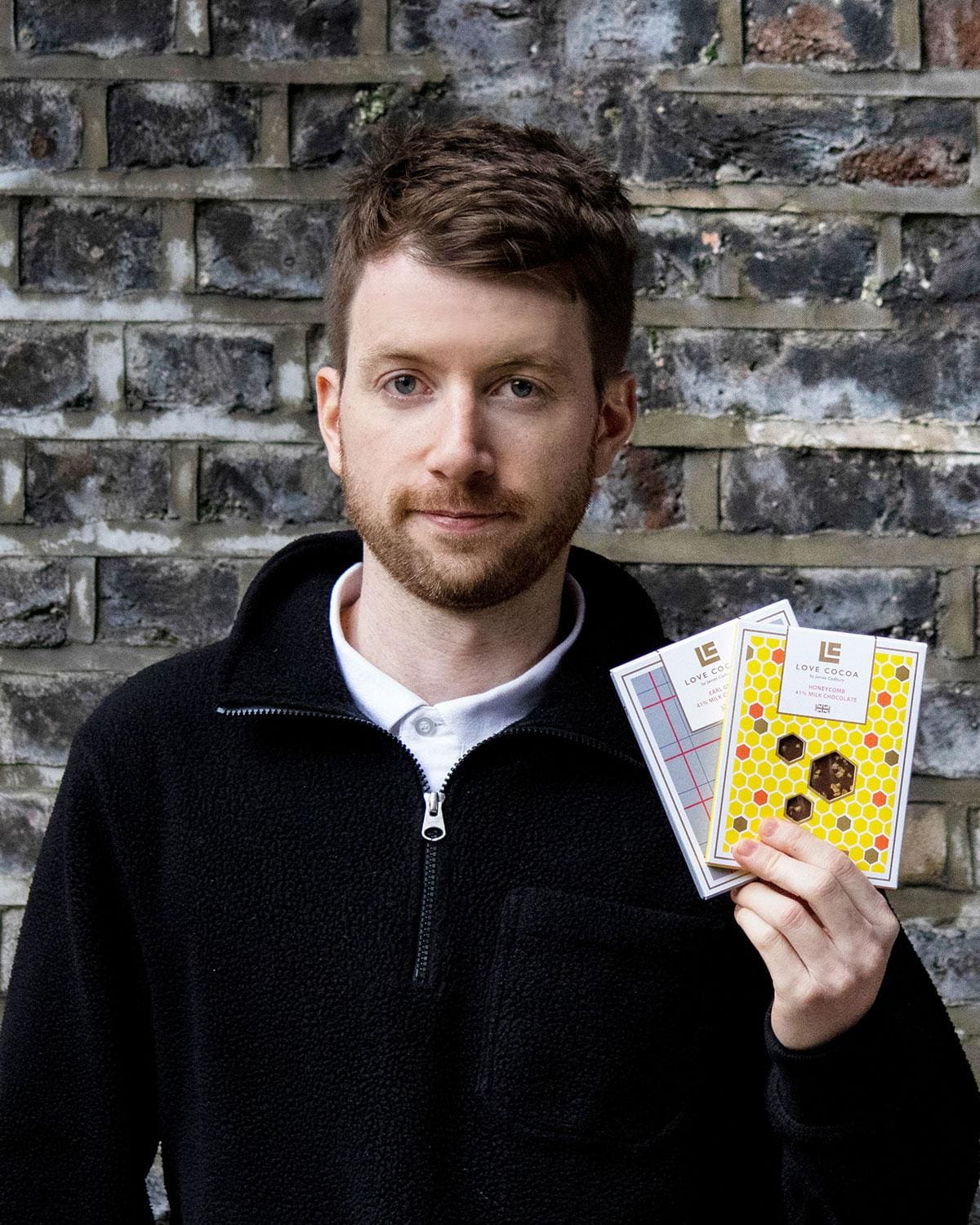
As for the future, Cadbury is keen to further develop the business and has plans to expand his team to 12 by the end of the year. Like his forefathers, he’s keen to look after the people who work for him, providing them with health care as part of their packages.
He also shares George Cadbury’s concerns over sustainability and the environment and has worked with the charity Trees for Life to plant a tree for every bar he sells. “This scheme is good for the planet and benefits farmers in Cameroon, many of whom are poorly paid for the cocoa beans they produce,” says Cadbury.
“The farmers receive payments for planting the trees and get to keep what the tree produces or sell it at the market. We’ve now planted in excess of 500,000 trees and plan to plant more and become certified as carbon negative.”
Further altruism of which the earlier Cadburys would have approved came in the form of Love Cocoa’s contribution to packages for NHS workers, an initiative inspired by Sarah, Duchess of York. “I had a call one day and it was quite surreal,” Cadbury recalls. “I had never spoken to her in my life before but she explained she wanted to help NHS workers and put a smile on their faces, and that we were the first company she had contacted.
“That weekend we donated the money from every product we sold to the project, which meant 2,000 products were handed out to NHS staff. All in all Sarah managed to send out half a million products donated by a range of companies and we were pleased to have helped her build momentum for her idea.”
Football’s loss has led to a substantial gain for people who love great confectionary produced in an ethical and sustainable way, and James is full of ambition for the years ahead. “I would have loved to have played for Aston Villa but I’ve always been passionate about chocolate, business and looking after the world we live in,” he says. “My ambition is for Love Cocoa to continue growing and providing our customers with ‘the best’.”
Read more: In conversation with Prince Charles’ shirtmaker Emma Willis
